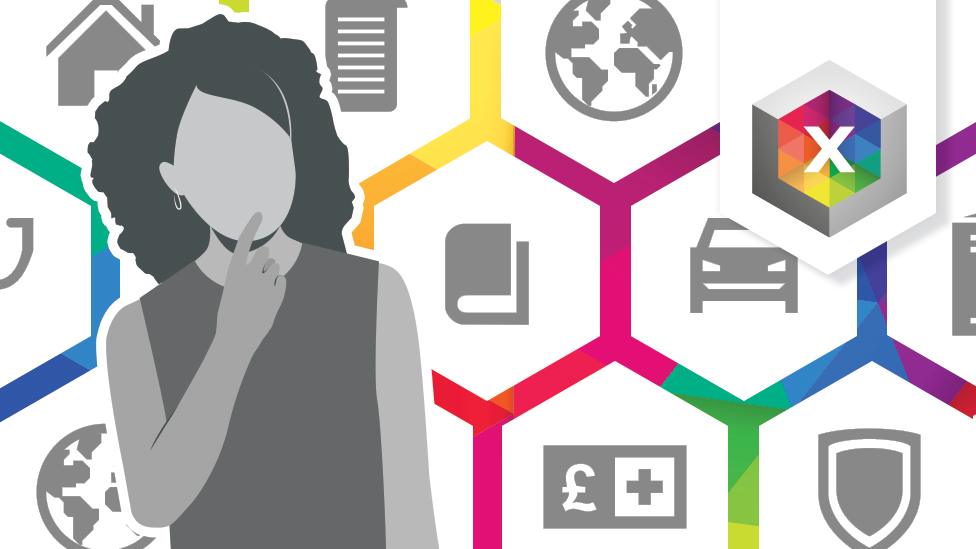General election 2019: BBC Scotland leaders TV debate fact-checked
- Published
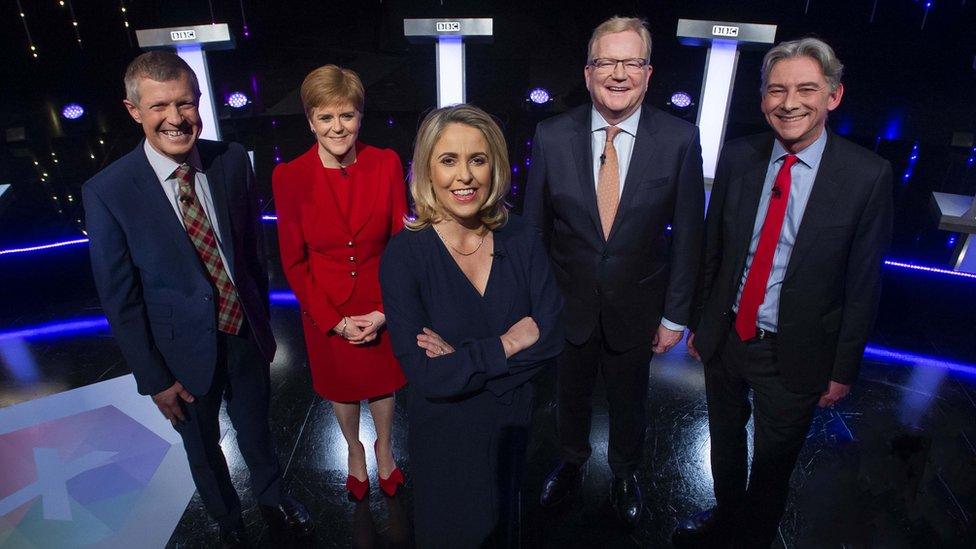
The BBC's Sarah Smith chaired a debate between Willie Rennie, Nicola Sturgeon, Jackson Carlaw and Richard Leonard
Leaders from the four Scottish parties currently represented at Westminster faced off in a head-to-head debate - just days before Scotland heads to the polls.
The SNP leader Nicola Sturgeon, the Scottish Conservatives' interim leader Jackson Carlaw, Scottish Labour's Richard Leonard and the Scottish Liberal Democrats' Willie Rennie took questions from the audience.
BBC Reality Check looked at the claims they made during the debate in Glasgow, hosted by the BBC's Scotland editor Sarah Smith.
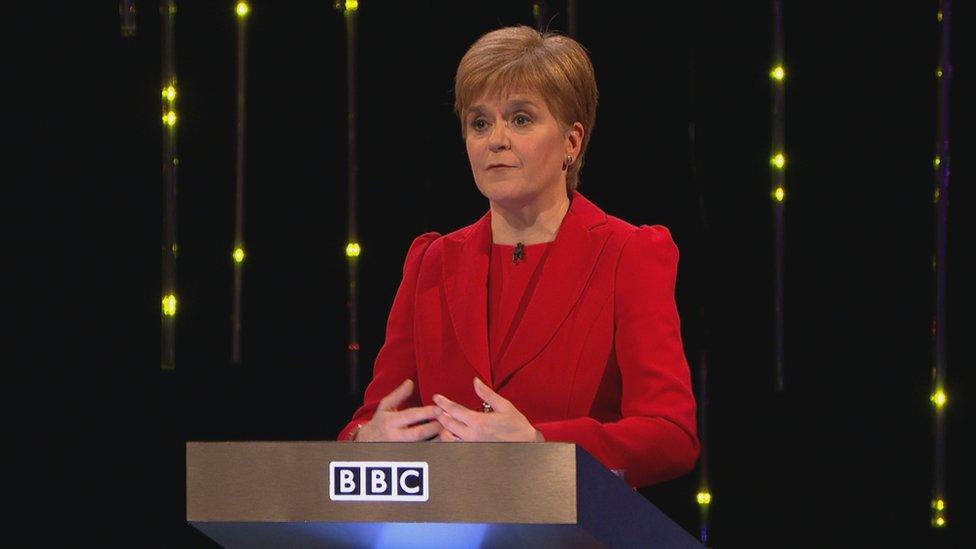
Nicola Sturgeon said: "75% of Scotland's electricity comes from renewables."
Reality Check: This is true, but only one part of the picture.
The latest Scottish government energy statistics, external estimate that 76.3% of Scotland's electricity energy came from renewable sources in 2018. It says the country is on course to reach 100% of electricity from renewables by 2020.
However, electricity is only one part of the story.
Heating and transport make up the bulk of Scotland's energy consumption, and they use much less renewable energy. So looking at total energy consumption, renewables made up 19.1% of the full picture in 2017.
A recent report from WWF Scotland, Friends of the Earth Scotland and RSPB Scotland, external say a Scottish government target of 50% of energy from renewables by 2030 is achievable - but "current policies will not be enough to meet Scotland's future climate targets."
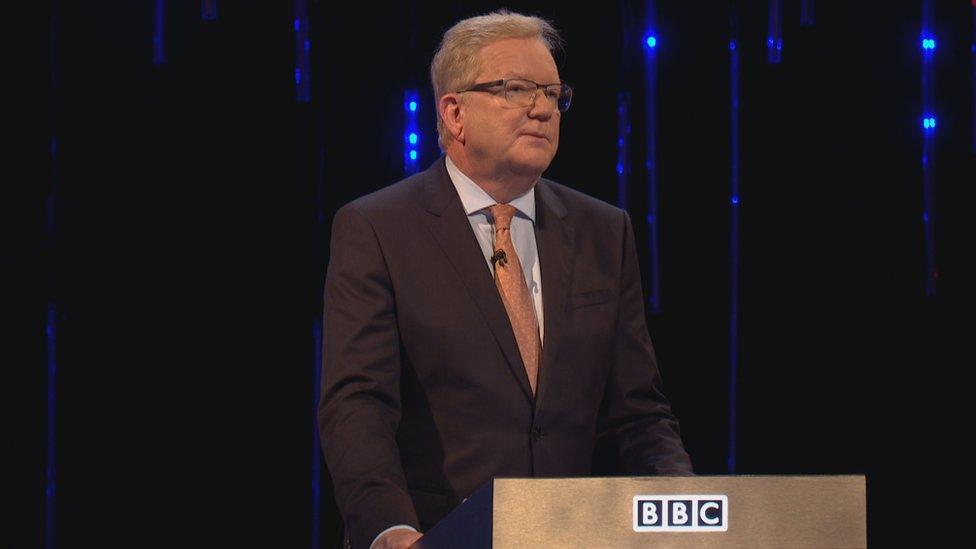
Scottish Conservative leader Jackson Carlaw said: "Now as we come out of austerity with the best growth rate, one of the best growth rates in Europe".
Reality Check: In the second quarter of this year, the UK had the economic lowest growth rate in Europe, according to the European statistics body, external.
The following quarter, it had risen to 0.3%, which was equal with the EU average. It was ahead of Germany and Italy, equal to France and three others, but behind 16 smaller nations.
The annual growth rates showed the United Kingdom's GDP increasing by 1% compared to 1.4% for the EU average.

However, a more up-to-date estimate of UK economic growth was published by the Office for National Statistics on 10 December, showing economic growth was flat in October after two months of contraction. This was the slowest growth over three months since 2009.
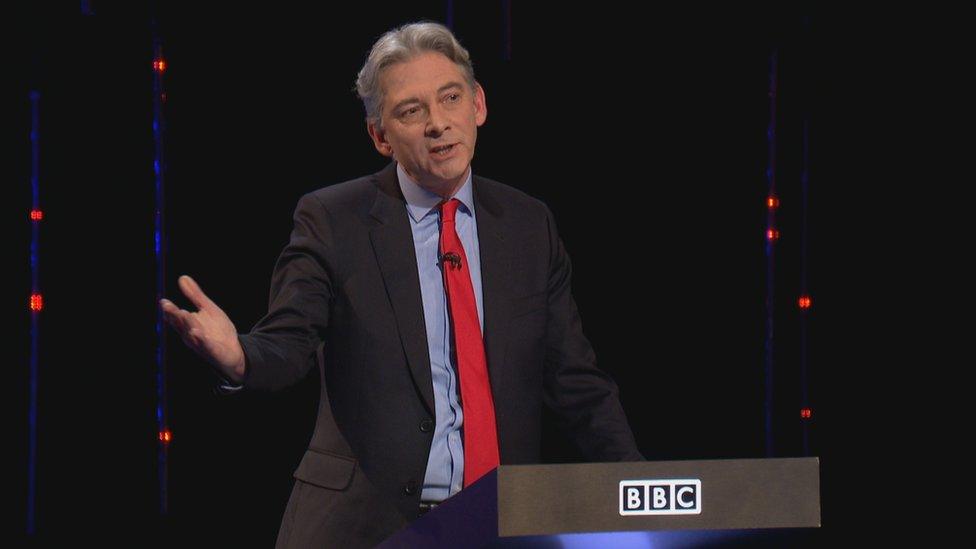
Scottish Labour leader Richard Leonard said: "In Scotland one in four children are living in poverty and what's worse is of those children, two out of three of them live in a household where at least one adult is in work."
Reality Check: These numbers are correct. The Scottish government publishes a sub-set of the Households Below Average Income (HBAI) statistics, external - the most widely-used way to estimate the number of children in poverty.
The most recent estimates, ending in 2018, show that 24% of children are living in what's called "relative poverty". That figure is relatively flat over the last decade, but has risen a few percentage points from a recent low in 2014.
And it's correct to say that about two out of three of these children living in relative poverty have someone in the household working - even if it's only part-time. In 2018, 64% of poor children fell into this category - the rest were in unemployed and "inactive or retired" categories.
One thing to note is that the quarter of Scottish children living in relative poverty is lower than the UK average of about 30%.
But those numbers are after housing costs - which can often be cheaper in Scotland than other parts of the UK, external. Before housing costs, the numbers are much closer - 20% in Scotland and 22% in the UK as a whole.
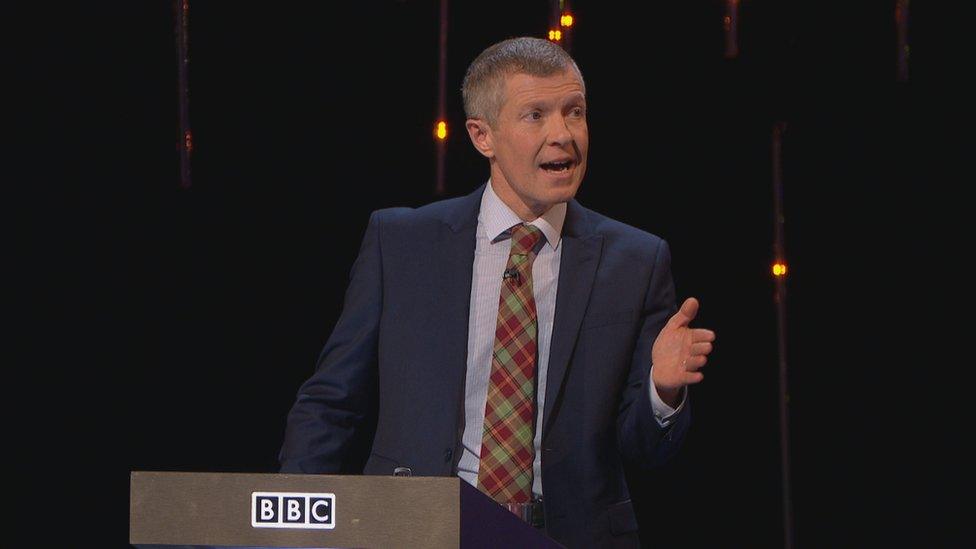
Scottish Liberal Democrat leader Willie Rennie said: "The Scottish government has been in charge for twelve years, and during that time mental health services and their waits have got longer"
Reality Check: Waits for children's mental health services have increased, although an 18-week target was only established at the end of 2014, external and comparative data is not available going back to when the SNP took power in 2007.
At that point, around 79% of children were seen within that time frame. It has now dropped to 65% in the latest quarter.
However, waits for adults psychological therapies to treat issues such as anxiety and depression have fared better.
In the most recent quarter, 79.4% of patients were seen, which is just down from 81.4% in 2015.
Both targets require 90% to be seen in the timeframe.


- Published10 December 2019
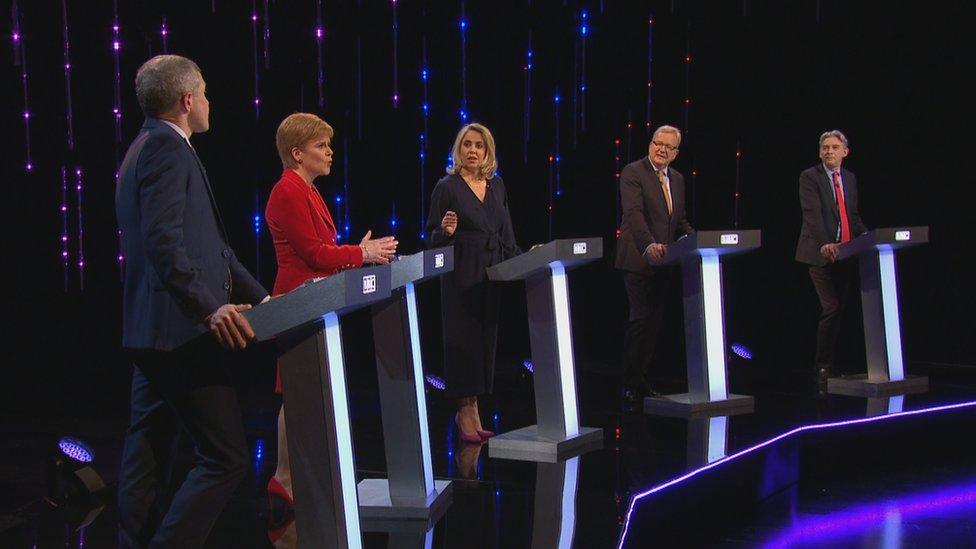
- Published11 December 2019
